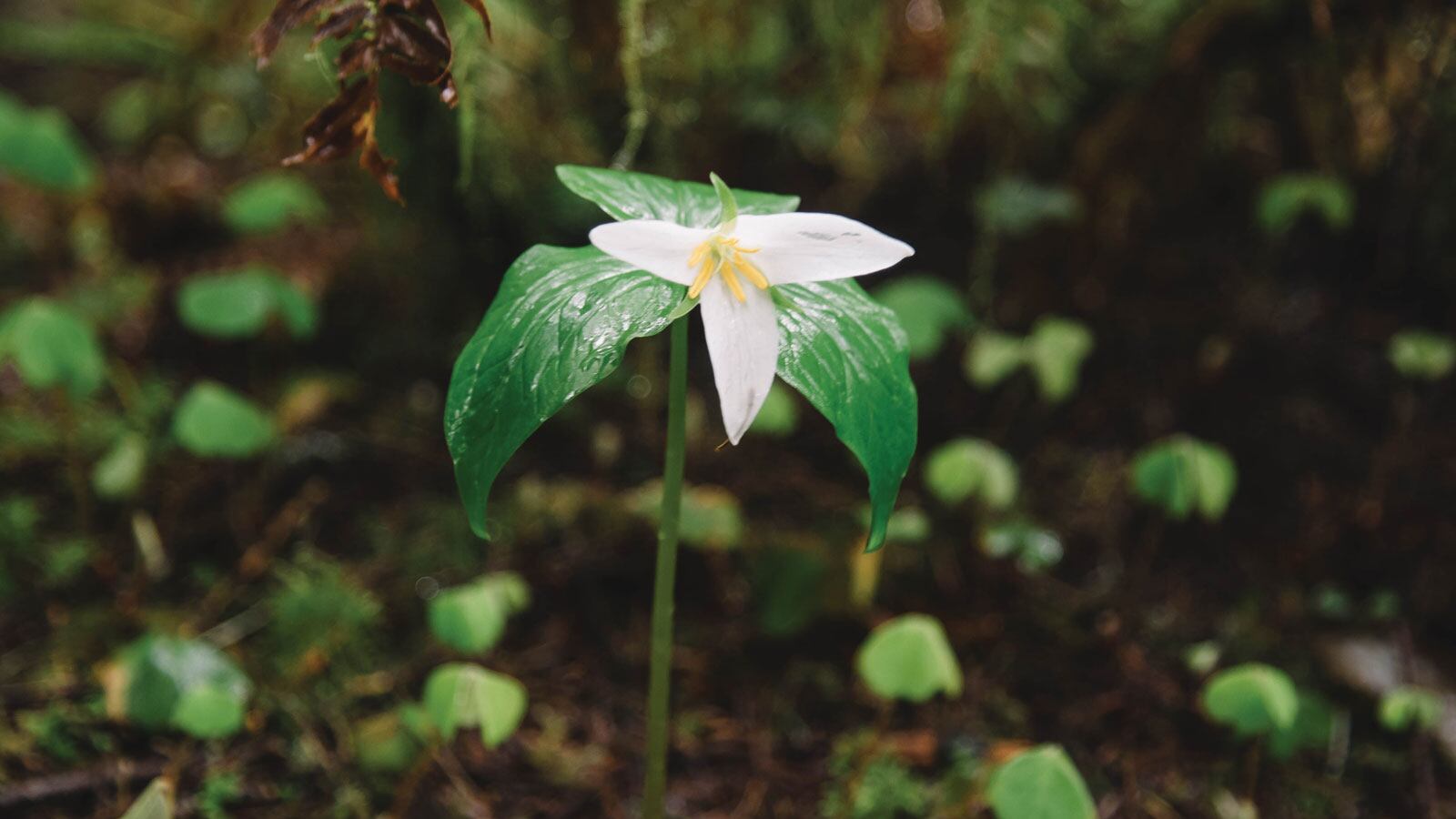As large farms popped up across Oregon during the cannabis boom that followed the legalization of recreational marijuana, the state's landscape and economy changed.
Oregon declined to limit the number of licenses when the state legalized cannabis, allowing an unlimited number of growers. Last fall, a bumper crop led to a sharp drop in prices that has rocked the industry. Prices have continued to fall, putting farmers out of business and cutting profits for those able to stay open.
In an article in Cannabis Wire, an organic vegetable farmer details the ways in which Oregon's lax regulations on legal weed have put rural communities in economic and environmental distress.
Melissa Mathewson interviewed farmers worried about pesticide and rodenticide runoff from inexperienced or careless cannabis grows primarily concerned with profits.
"It's a Silent Spring moment in a sense," one farmer tells her, "because it is killing the entire trophic system in the forest."
The reference to Rachel Carson's iconic indictment of industrial farms and the large-scale deployment of insecticide cuts to the heart of the farmers' concerns: Cannabis farmers may be damaging the environment and harming wildlife.
Mathewson writes that large, unrestrained weed grows may be killing pests and also threatening animals up the food chain like song birds and red-tailed hawks.
The story points to insufficient regulation by state officials, which has also led to the surplus of Oregon marijuana spilling across the state's borders.
